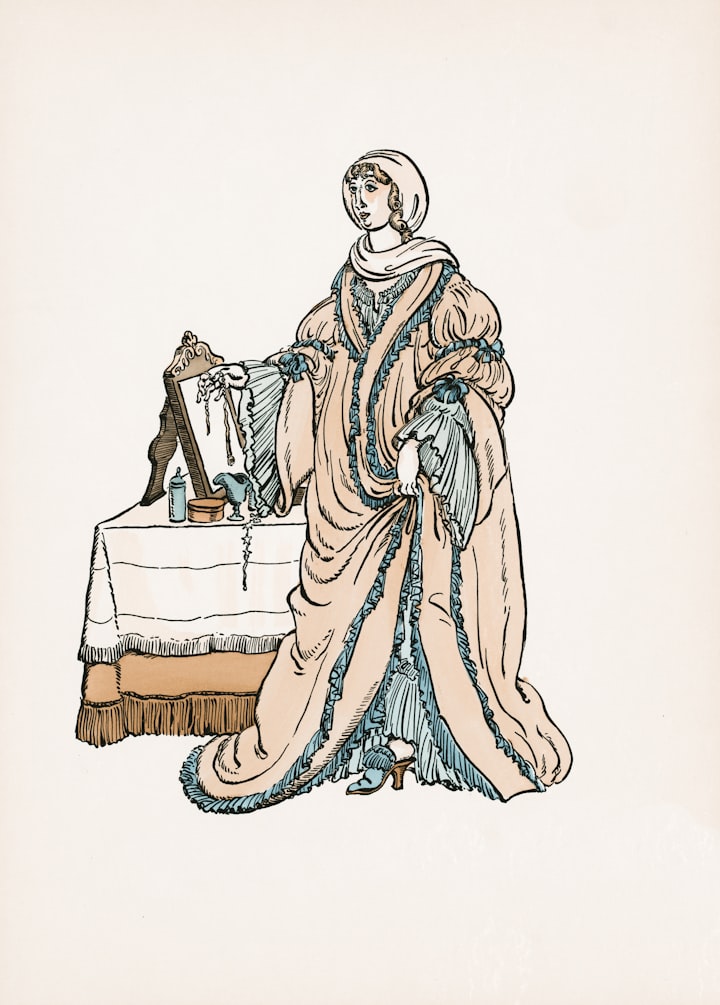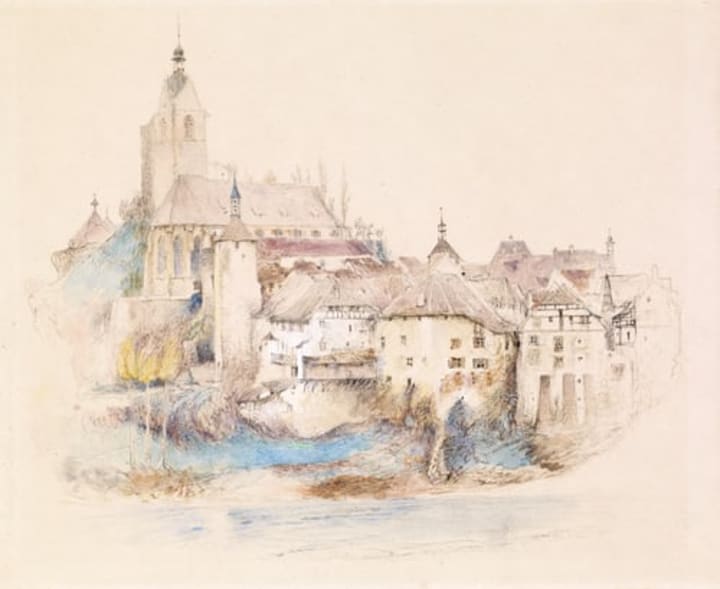
I originally wrote this article on Article Source: http://EzineArticles.co m/3377280 in 2009 but as I still believe this subject to be quite fascinating. Until then I was quite unaware of the Castrati and their history in the 1600s. This is such a bizarre piece of history it is quite worthy of you knowing.

The definition of Castrati from Wikipedia reads "A castrato is a man with a singing voice equivalent to that of a soprano, mezzo-soprano, or contralto voice produced either by castration of the singer before puberty or one who, because of an endocrinological condition, never reaches sexual maturity." Again "Castrati were rarely referred to as such: in the eighteenth century, the euphemism musico (Pl musici) was much more generally used, though it usually carried derogatory implications; another synonym was evirato (literally meaning "emasculated")."
You read Castrati and thought you read Castrated did you not? Well you are not far wrong with your interpretation as small boys in earlier centuries were castrated before puberty - or even in puberty's early stages - in order to prevent the growth of a young boys' larynx being transformed; matured through the normal processes of hormonal activity. The boys' castration at this stage of his development resulted in the halting of his maturation which then caused his voice to develop in a unique manner; and his prepubescent vocal range was largely retained.
This practice is not to be confused with castration being performed on males after puberty which basically turned them into eunuchs.
In the case of the castrati's later body growth their bones would become unusually long because of this lack of testosterone, and they (as in their bones) did not harden in the usual manner. For the castrati this operation endowed them with enormous breathing capacities and lung power and in the main, they managed to retain their childhood vocal chords. So, when combined with their incredible choral training, their voices achieved a vocal flexibility that soared to nightingale-type notes as well as producing a wider scope than that of the usual range of the uncastrated adult male. Their voices were also quite different and distinct, also quite different to the female singers of the day. The voice of the castrati tended to reach a falsetto upper while still sounding like a "super-high" tenor but with a more falsetto-like upper register.
The castrati were trained rigorously and to say that the regime was intense is understating the case. And what this rigorous training aimed for and actually did, was to produce a singer who had perfect technique, and a matchless flexible voice. And to achieve their revered status of castrati these carefully chosen young boys had to adhere to an incredibly fixed regime (according to the records of a singing school in Rome in 1700) as well as in their "spare" time practice their harpsichord playing and compose vocal music.
Imagine what would happen if you asked the young boys of today to go through this process just for the sake of some adults' listening pleasure!
I think there would be a revolution of some magnitude - quite apart from the protectors of small boys' spare parts coming out in droves - really castrati was a somewhat barbarous practice carried out in the name of Art! It seems that according to an art historian one Mr. Charles Burney, there existed specific shops in Naples which advertised via signage on their front doors that small boys could be castrated here! The inscription on these doors read "'QUI SI CASTRANO RAGAZZI" ("Here boys are castrated"); but despite looking he (as in Mr. Burney) was unable to see or hear of any such shops during his time of residence in Naples.
The first names that appeared to generally describe the phenomena of castrati appeared around the 11th Century when the phrase Soprano Maschio (male soprano) was coined and occurred in Rome in 1553 in the writings of the Due Dialoghi della Musica of Luigi Dentini. In 1555 again there is mention of the castrati - although referred to in this instance as cantoretti - where two young boys were being offered to Guglielmo Gonzaga, Duke of Mantua by Cardinal Ippolito II d'Este so the good Duke could make a choice of singer for his choir.

There is also mention that castrati were members of the Sistine Chapel choir in 1558 at this time it seems that were castrati in France, in Paris, Orléans, Picardy, and Normandy. There were also castrati in the Ducal court chapel in Munich in 1574. By 1589 the voices of the castrati were included in St Peter's, Rome after the good Pope Sixtus V specifically re-organised the choir.

Seems that the inclusion of these young castrati into choirs helped overcome any inconveniences caused by the normal and expected process of the breaking of young male voices - that is the voices of the "non castrati" males - which occurred naturally after only a few years of them being in a choir; another bonus was that at the same the elevation of the castrati ensured that the voices of young women were also kept at bay as they were banned from singing in church choirs under the male rules operating at this time - Pauline dictum mulieres in ecclesiis taceant - ("let women keep silent in church"; see I Corinthians, ch 14, v 34). Not something today's young ladies would either appreciate or be silent about!
The Castrati became famous for their beautiful singing voices and were awarded parts in the early Italian Operas such as Monteverdi's' "Orfeo" in 1607. By 1680 they played in leading roles and held fast to being "primo uomo" (main man - lead role) for about 100 years and this to the point that if a castrato was not cast in the leading operatic role; the opera could fail.
Adulation of the castrati existed at such a level throughout Europe - although with the exclusion of France who abhorred the practice of castrating small boys solely for the benefit of the musical public - that operatic singers such as Ferri, Farinelli, Senesino, and Pacchierotti became the first superstars, earning huge money and garnering public adoration and adulation.
However, and luckily for the young males of this era, the unification of Italy in 1870 brought about new laws making castration for musical purposes officially illegal (the new Italian state followed the French legal code which expressly forbade the practice). In 1878, Pope Leo XIII prohibited the hiring of new castrati by the church which then meant that only a few castrati were to be found singing in the Sistine Chapel and a few other papal basilicas.

Here is a question - On a personal level do you think that any amount of money and adulation could be worth the price of never reaching sexual maturity? And another thought that has just occurred to me - why has the barbaric practice of interfering with women's genitalia not been outlawed right across the world?
After all, what is good for the gander must be and surely is, be good for the goose!
a.a.gallagher
Copyright: July 2009
https://EzineArticles.com/expert/Anne_A._Gallagher/378118
Article Source: http://EzineArticles.com/3377280
About the Creator
a.a.gallagher
Thank you for reading my words and for following me. I am a collector of stories. I also write to try and explain life's happenings to myself. I write poems about the environment, climate change plus fun rhymes aimed at young kids.






Comments
There are no comments for this story
Be the first to respond and start the conversation.